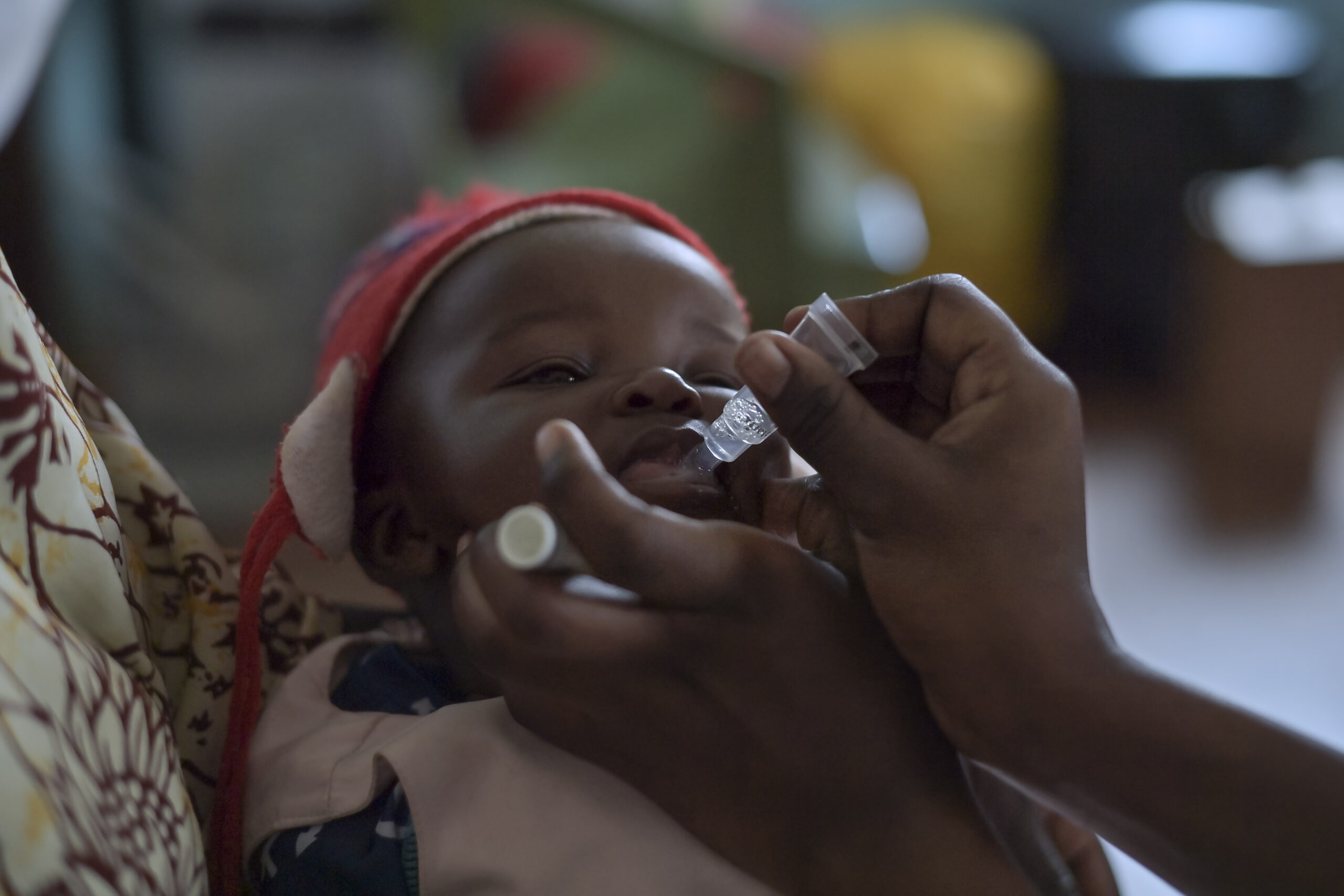
13th African Rotavirus Symposium reveals setbacks, hope in rotavirus vaccination efforts in Africa

The African continent shoulders the largest share – 71% – of global childhood deaths due to rotavirus diarrhea. As a result, African scientists, advocates, and government decision-makers have led incredible progress in developing and delivering lifesaving rotavirus vaccines to children across the continent. Since the World Health Organization (WHO) first recommended rotavirus vaccination for global use in 2009, more than three-quarters of the countries in the WHO African Region (AFRO) have introduced rotavirus vaccines in their national immunization programs.
In the last two years, however, health care disruptions due to the COVID-19 pandemic have significantly stalled and threatened this progress. At the 13th African Rotavirus Symposium (ARS), which took place virtually from November 3-4, 2021, rotavirus experts and practitioners from the African region voiced this concern and highlighted the need for continued momentum, research, and advocacy for these lifesaving vaccines. Presenters also shared the latest research and updates on progress made in spite of the pandemic’s challenges. Here are a few key takeaways.
COVID-19 is slowing child immunization in Africa, including rotavirus
Delayed medical visits and avoidance of health care facilities due to the COVID-19 pandemic has had a profound impact on childhood immunization. Dr. Antoinette Ba from UNICEF shared data showing that infant immunization coverage dropped to 83% in 2020—back to the 2009 level. Additionally, the number of zero-dose children, who have received no vaccines through the routine immunization program, increased from 13.6 to 17.1 million in 2020.
As Professor Jason Mwenda of WHO AFRO noted, “The African continent has made tremendous progress in rolling out rotavirus vaccine. Approximately 77% of African countries use rotavirus vaccines in their national immunization programs. Even though that represents a lot of progress, 12 countries in Africa have not yet introduced. This symposium is being held at a critical time when there is a growing concern that rotavirus vaccine introduction has slowed down due to the COVID-19 pandemic.”
New rotavirus vaccine options are safe, effective, and potentially cost-saving
In 2018, two new rotavirus vaccines—ROTAVAC® and ROTASIIL®—were WHO-prequalified, making them available for countries receiving support from Gavi, the Vaccine Alliance. This doubled the number of rotavirus vaccines supported by Gavi, as ROTARIX® and RotaTeq® had been the only available options since 2009. Since then, several African countries conducted additional research with these newer vaccines and introduced them into routine immunization, confirming that they are safe, effective, and cost-effective options.
Dr. Michelo Simuyandi from the Centre for Infectious Disease Research, Zambia, presented the results of an immunogenicity study of ROTAVAC among Zambian infants. The study confirmed that both ROTAVAC and ROTAVAC 5D®, a newer liquid formulation, have comparable safety and immune response profiles compared to ROTARIX®.
Frédéric Debellut of PATH presented the results of cost-effectiveness analyses of all available rotavirus vaccines in low- and middle-income countries in Africa. These studies have consistently found that all available rotavirus vaccines are cost-effective options in almost all countries compared to no vaccination. Debellut also highlighted that, in many cases, the newer vaccines may offer cost benefits, especially with decreased or no Gavi support. Stressing that each country should take their individual factors into account, Debellut encouraged countries to assess the costs of each vaccine and consider whether a switch could offer cost savings.
Presentations from officials in Benin and Ghana shared lessons learned from their countries’ recent experience switching to the newer, more affordable rotavirus vaccine products. Benin switched from RotaTeq to ROTAVAC after RotaTeq was pulled out of the Gavi rotavirus vaccine market, and Ghana voluntarily switched from ROTARIX to ROTAVAC as a cost-saving measure. Both product switches took place in the COVID-19 era, which resulted in unique and unexpected opportunities and challenges, but highlighted that progress is still possible.
More research, innovation, and advocacy are needed to protect children from rotavirus
Dr. James Platts-Mills from the University of Virginia shared data from the 2017-2018 Global Pediatric Diarrhea Surveillance Network, which indicates that there were approximately 208,009 rotavirus diarrhea deaths among children under 5 years of age that year. Of these deaths, 71% took place in the African region. Countries in Africa that had introduced rotavirus vaccines had a significantly lower burden of rotavirus than countries that had not introduced. However, Platts-Mills noted that rotavirus is still the leading cause of pediatric diarrhea hospitalizations globally. He emphasized that improving vaccine efficacy and prioritizing interventions against other leading causes of diarrheal disease could further reduce morbidity and mortality.
One important aspect of improving vaccine efficacy is monitoring rotavirus strain diversity before and after vaccine introduction to ensure that the vaccines are effective against the dominant strains. Researchers shared results of genetic surveillance studies in Ghana, Malawi, Ethiopia, Zambia, and other countries.
Improved vaccine efficacy could also come from new rotavirus vaccine approaches such as the RV3-BB neonatal rotavirus vaccine candidate, which includes a birth-dose and has shown promising efficacy in clinical trials, including in Malawi. Dr. Julie Bines from Murdoch Children’s Research Institute shared that this vaccine could have substantial benefits for African children if WHO prequalified.
Closing out the symposium was Veronica Denti from Gavi, the Vaccine Alliance. Gavi has supported the rotavirus immunization of more than 159 million children from 2008 to 2020 in 51 countries. Denti shared that Nigeria aims to introduce rotavirus vaccine in 2022, a milestone that would reach millions of children not yet protected against rotavirus in Africa even in the face of COVID-19 setbacks.
On the journey to completing rotavirus vaccination in Africa, Denti noted, “This is a journey we can only do together to close this gap.”
Read the South African Medical Research Council’s press release on the 13th ARS.


